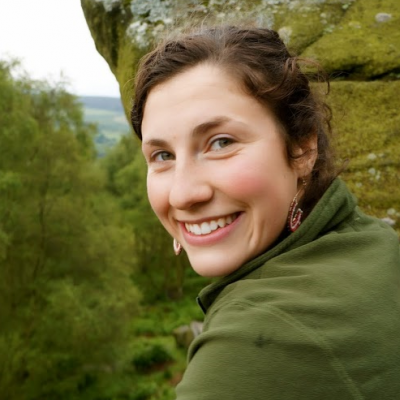Description
In the light of multiple, urgent and interconnected food system challenges – including but not limited to the climate and biodiversity crises, the triple burden of malnutrition and growing inequity – holistic and context-specific food system transformations are crucial. Agroecology is increasingly recognized as a promising approach for transforming food systems, rendering them more resilient, equitable and sustainable in all dimensions. However, a key challenge to scaling agroecology is how to measure its performance in ways which allow for fair comparison with alternatives. Common practice when evaluating agri-food systems has been to measure a narrow set of metrics, mainly focused on productivity and economic returns. Yet, such approaches fail to take the multifunctionally of agri-food systems into account, overlooking the environmental and social benefits of agroecology and the negative externalities of conventionally intensified systems. What is needed are ways to measure the performance of different agri-food system approaches holistically and inclusively, so that policymakers, donors, development actors, and farmers can make informed decisions regarding their investment in agroecology or alternative approaches. Drawing on a desk review, in-depth case studies and stakeholder engagements in Burkina Faso, Ghana and Tunisia, this study identifies and synthesises common barriers and opportunities for assessing agroecological performance and explore how investing in the development of more holistic assessment can support agroecological transition in West Africa and globally.
The primary objective of this study is to explore how the development of holistic metrics and assessment approaches can support agroecological transition and identify priority areas for future investment. Specifically, this project includes the following activities:
1) Identify key actors supporting agroecological transformation in the region and potential partnerships for building the field of agroecology).
2) Evaluate their experience, interests, and needs regarding holistic assessment of agroecology and identify common barriers and opportunities
3) Evaluate existing metrics and assessment approaches and identify priority areas for future research and development























